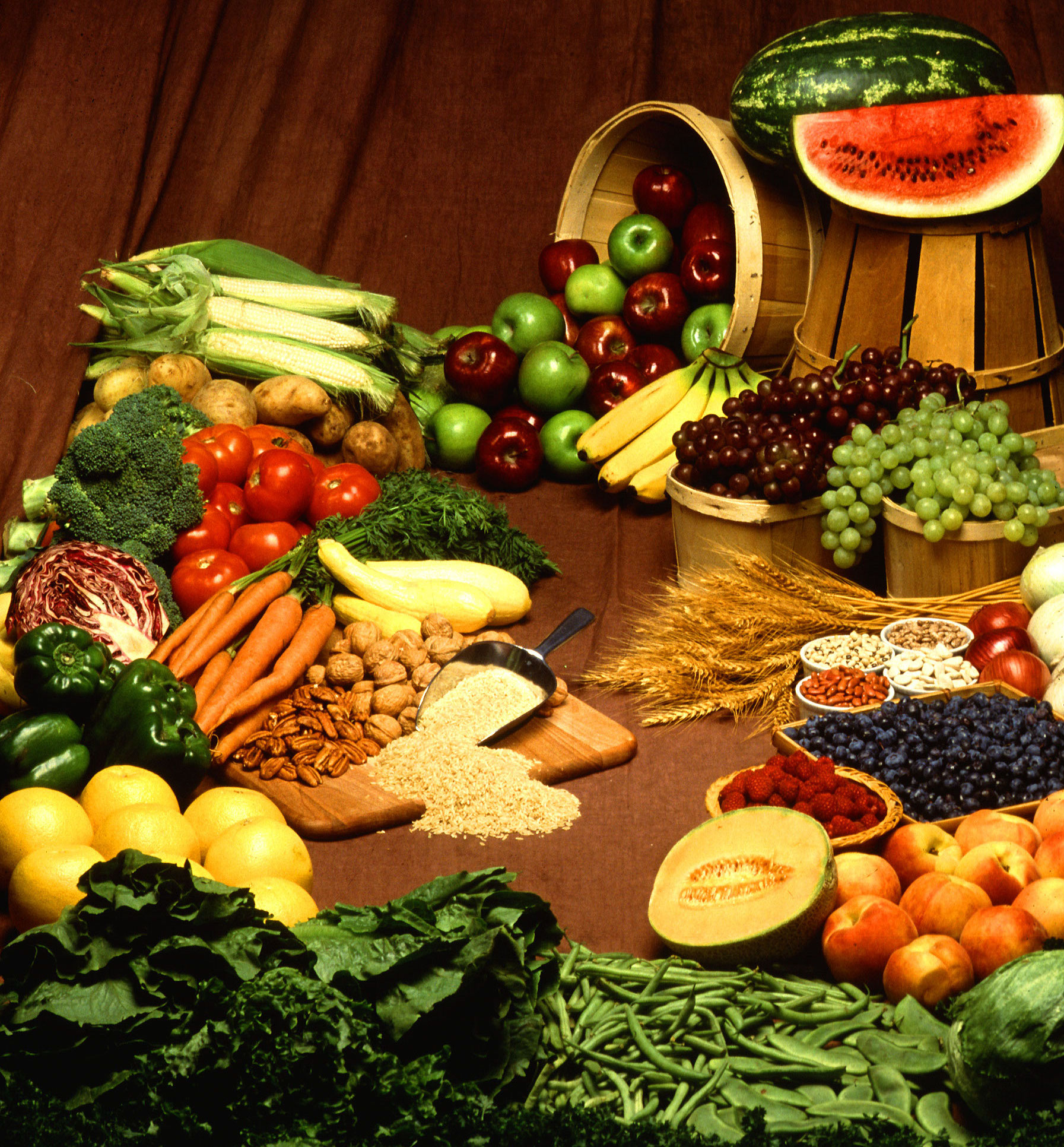There are times when comfort food is the only food that will work. But mashed potatoes smothered in dark gravy and roast beef don’t measure up for Crohn’s patients the way it does for others. What, then, are the right soothing foods for them?
The What of It
During a flare-up, sticking to easily digested foods as long as they are tolerated can and will help maintain nutritional levels. Consider the following options:
- Well-cooked root vegetables – sweet potatoes, carrots, and potatoes. Exclude from this list root vegetables that are high in sugar, like beets, as the simple sugars can cause irritation.
- Soft meats – chicken and turkey are very easily digested when well-cooked. Avoid red meats or undercooked or raw fish.
- Poach foods – eggs and fish poached rather than fried or baked are easier on the stomach.
- Filtered, spring, or distilled water – much easier on the stomach than most tap waters as they lack the additional minerals that flow through the pipes in most homes.
- Salt – using salt in moderation while cooking can help maintain the saline levels in the body, which are beneficial for preventing dehydration.
- Serve the cooking water – valuable vitamins and minerals are washed away when foods are boiled. Instead, consider serving the eggs, fish, and vegetables with their cooking water as a thin gravy to complement the meal.
The common factors of the foods listed above are soft and well-cooked. Eating raw vegetables may be an option during a remission, but it’s impossible during a flare-up. Instead, boil the vegetables until they’re so soft they’re almost falling apart in the filtered water, and then serve them in the broth as a sort of thin soup. Add bit of salt and a small chicken breast, and it’s the best comfort food around with maximum nutrient value.
The How of It
Sometimes it isn’t so much what is eaten that causes problems, but rather how. Physicians who regularly treat Crohn’s patients stick to the mantra of slow and often for mealtimes.
This means take your time as often as you can whenever you eat. Rushing through a meal can lead to poor choices in food items, as well as disrupted digestion as you rush off to the next item on your agenda.
Instead, plan to spend a few minutes before and after you eat to allow your stomach time to adjust to its latest job. When you make the time to sit down to eat, you’re also taking time in your day to relax for just those few minutes. This alone can lower stress levels and soothe an already tender tummy.
Eating several small meals over the course of the day is much easier on the stomach than trying to stuff it in three sittings. Consider planning your day in such a way that you can spread out your meals over five or six, instead. This makes it easier on your intestines to digest smaller amounts throughout the day, and offers more opportunities for you to eat the appropriate amount of food needed to build up your body.


